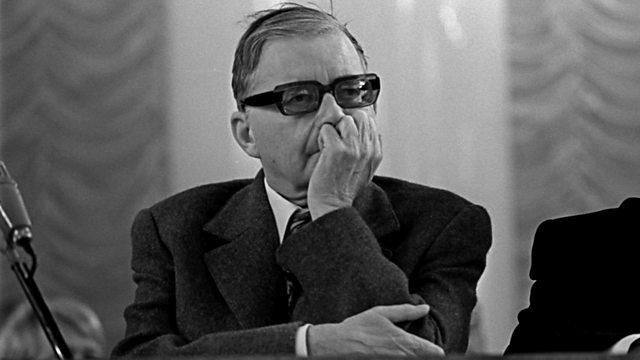1,000 years of Black culture in German-speaking lands
NewsAfter reading a slightly disturbing article by Kira Thurman in the New York Times, I looked up her collaborative website which specialises in the Black presence in central Europe down the centuries.
It’s a fascinating trawl of stories from the earliest appearances of Moors in Germany to the arrival of US forces in 1945 and the influx of African students in the German Democratic Republic.
Well worth a scroll. Here.

As for the Times article, what disturbed me was the history of African-American conductors and composers like Dean Dixon, Rudolph Dunbar and William Dawson being introduced to Germany by an occupying power at a time when almost all opportunities were closed to them back home. A double standard was being forcibly applied.






Comments